People frequently remark, “You are what you eat,” yet there are many delectable dishes that contain carcinogens; the WHO recommends avoiding the following dishes.
In today’s world, cancer is a deadly disease. Cancerous tumors develop to paralyze organs, metastasize to surrounding organs, deplete the body, making it painful and defenseless, and eventually cause death.
The International Organization for Research on Cancer GLOBOCAN published a statistic in 2018 indicating that every year around the world there are around 18.1 million new cases of cancer and 9.6 million deaths from this disease. According to 2018 statistics, there were over 165,000 new cancer diagnoses and roughly 115,000 deaths in Vietnam.
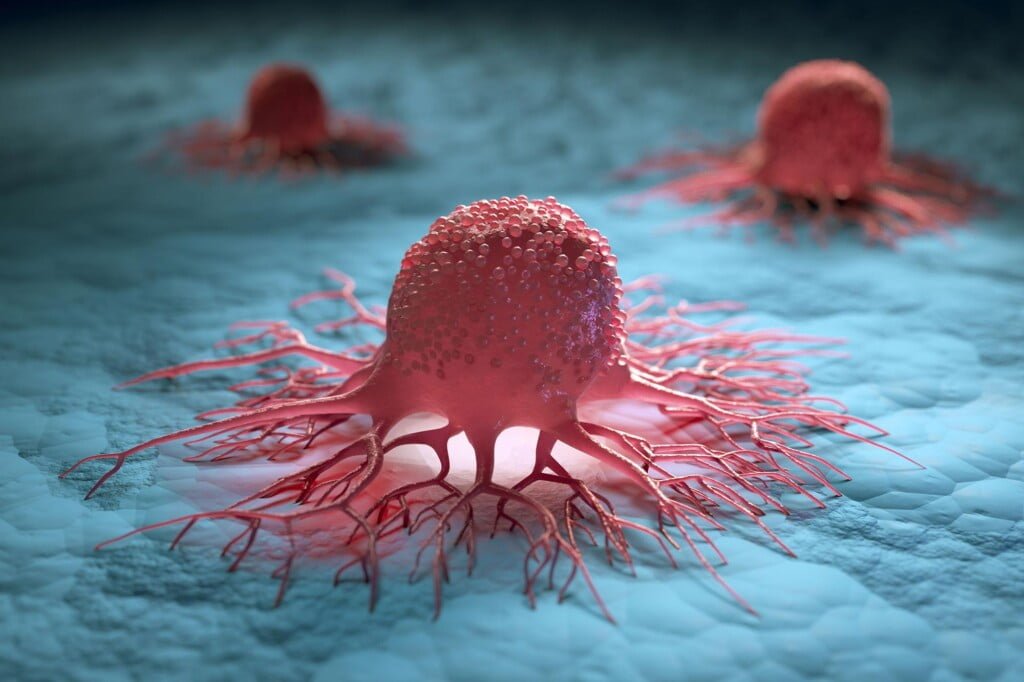
We know that cancer is caused not just by genetic factors, but also by lifestyle, eating habits, and environmental factors. According to the International Agency for Research on Cancer (IARC), a division of the World Health Organization, there are several cancer-causing agents in our surroundings. As follows, they have been divided into very specific groups:
– Group 1: Consists of compounds (or mixtures) that are known to cause cancer in humans. When exposed, it will definitely cause cancer in humans.
– Group 2A: Substances (or mixtures) that are almost certainly carcinogenic to humans. When exposed, it will almost certainly cause cancer in humans.
– Group 2B: Substances (or mixtures) that may be carcinogenic to humans. When exposed, it can cause cancer in humans.
– Group 3: Substances (or mixtures) that cannot be classified as possibly carcinogenic to humans.
Chinese salted fish
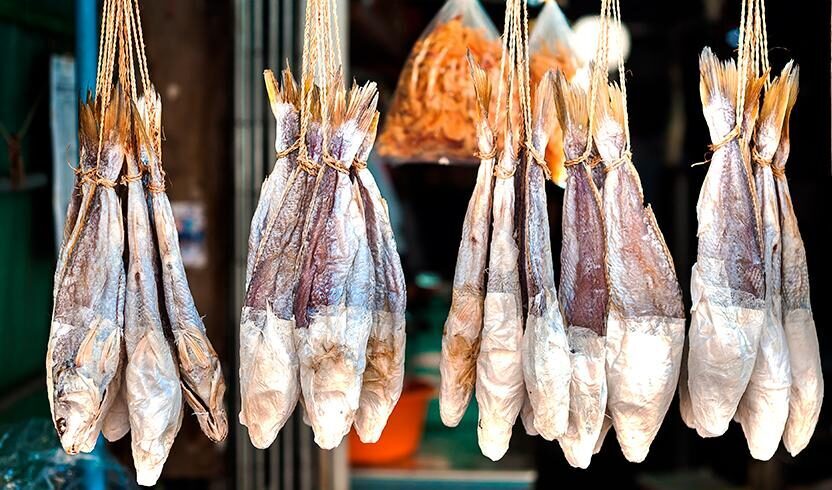
Chinese salted fish is a Class 1 carcinogen. The main reason is that salted fish contains a high concentration of salt and is high in nitrite. When nitrite enters the body, it can react with amino proteins to generate nitrosamines, which can raise the risk of tumor growth in the digestive system.
Betel Nut
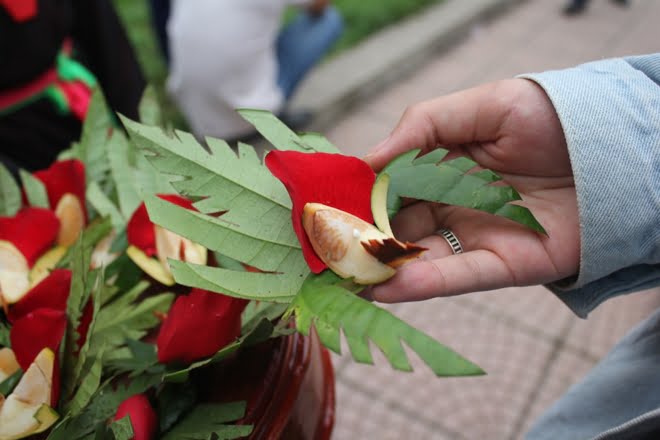
The World Health Organization originally listed betel nut as one of 116 factors that could increase the risk of cancer. The main components of betel nut are alkaloids and polyphenols. Alkaloids are toxic to gene mutations and are most closely related to the formation of cancer, according to scientific research. Another factor that could lead to cancer from eating betel nut is that when chewing, the piece of betel nut rubs hard on the oral mucosa, producing peeling of the epidermis or multiple scratches.
Grilled Meat
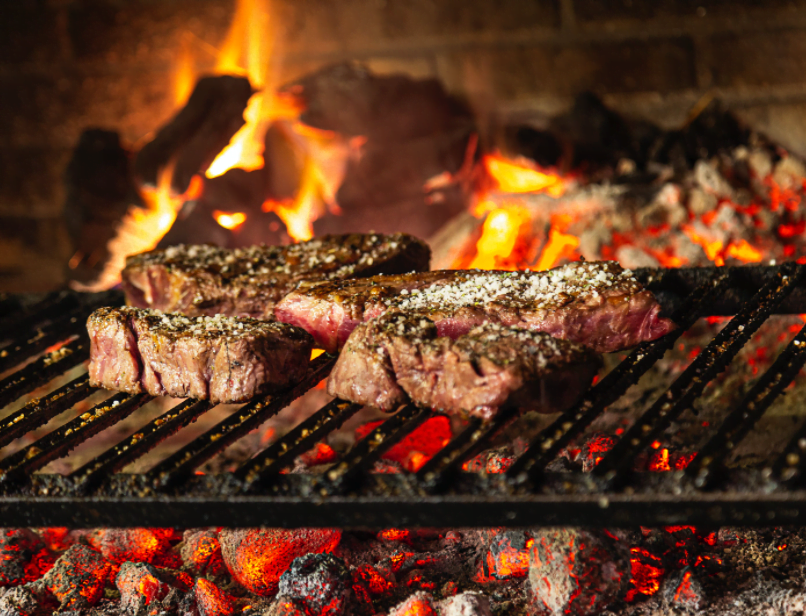
The International Agency for Research on Cancer has classified Benzopyrene as the number one carcinogen, with clear evidence of negative effects on the body. Benzopyrene, also abbreviated as BaP, is a polycyclic aromatic hydrocarbon. Benzopyrene forms during the grilling process of foods. Grilled foods, such as grilled chicken, grilled fish, grilled ribs, grilled beef, and so on, have a significant chance of carrying benzopyrene, thus the best way to avoid them is to prepare them differently, rather than grilling. You may choose between steamed and boiled options.
Moldy food
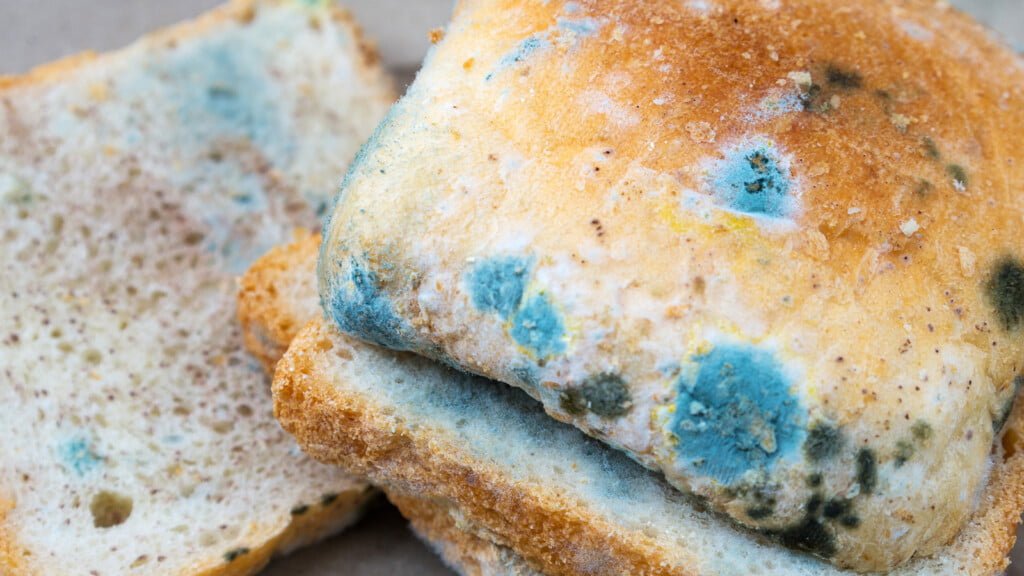
Since 1993, aflatoxin has been classified as a class 1 carcinogen. It just takes 1mg of it in the diet to cause cancer. A 70kg person will die if they consume 20 milligrams of aflatoxin. It is worth noting that traditional cooking and processing methods cannot remove the toxicity of this toxin. According to the WHO, the majority of people are exposed to aflatoxin through moldy nuts, cereals, and other foods. Therefore, it is recommended to dispose of moldy foods to prevent cancer.
Food that is still hot
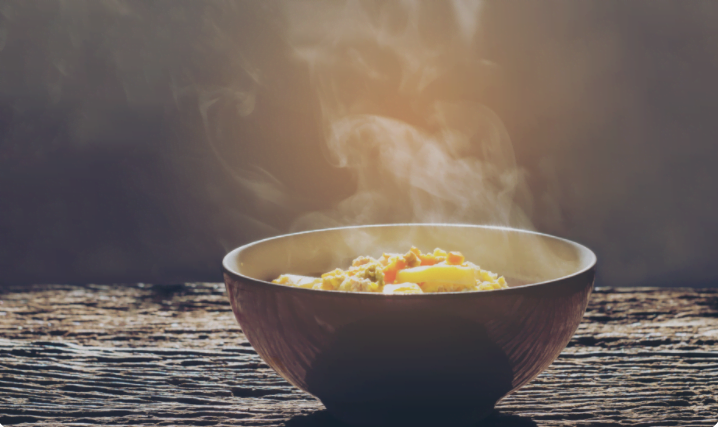
Hot beverages and foods, according to WHO recommendations, can increase the risk of cancers of the oral cavity, pharynx, and esophagus. To avoid harming the body and preventing esophageal cancer, we should wait for food to cool to 50-60 degrees Celsius before eating.

